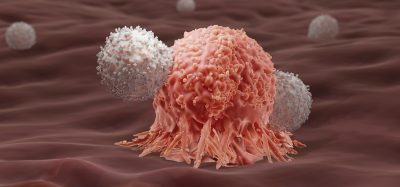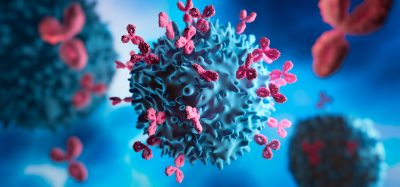Antibiotic-resistant bacteria contaminates hospitals’ ICU in China
Posted: 9 May 2023 | Izzy Wood (Drug Target Review) | No comments yet
The drug resistant bacteria: CRAB, came into the ICU in hospitals in Hangzhou, China, creating an urgent need for a thorough understanding of the persistence, transmission, and evolution of CRAB populations in such environments.


Carbapenem-resistant Acinetobacter baumannii (CRAB) was brought into the intensive care units (ICU), in Hangzhou, China, on multiple occasions as patients were admitted, creating a large ‘reservoir’ of the bacteria which contaminated beds and equipment.
Samples of the drug-resistant bacteria were found more frequently in bed unit environments (54.6 percent) than patients (24.1 percent), with ventilators (27.9 percent) and dispensing trolleys (25.6 percent) most likely to yield samples of CRAB.
Publishing their findings in The Lancet Regional Health – Western Pacific, the international group of researchers led by the University of Birmingham calls for urgent measures to help prevent hospitals becoming infected with the bacteria.
Study co-author Professor Alan McNally, from the University of Birmingham, commented: “CRAB poses a serious risk to hospitalised patients and can cause severe disease including pneumonia, urinary tract infection, bacteraemia, meningitis, and soft tissue infections – all of which can be very difficult to treat due to the bacteria’s multidrug-resistance.
“The quantity of CRAB found in this ICU highlights the urgent need for targeted infection prevention and control measures in healthcare facilities where such large accumulations of the bacteria are likely, so that we can stem the global spread of this pathogen.”
The study highlights the environment’s important role in CRAB persistence and eventual acquisition by patients. Researchers call for build-up of the bacteria to be tackled with infection prevention and control measures, including:
- Thorough and regular deep-cleaning of surfaces touched by patients and staff;
- Isolation of patients known to carry CRAB;
- Minimisation of patient relocation between beds; and
- Enhanced staff hand-washing protocols.
CRAB can persist for prolonged periods on hospital surfaces and medical equipment, and colonise patients within 48 hours of admission – facilitated by hospital staff, shared equipment, airflow and plumbing.
Antibiotic-resistant infections are a major threat to global public health. CRAB infections are found worldwide with severely limited treatment options prompting the World Health Organisation to designate CRAB a priority organism for which novel therapeutics are urgently required.
McNally added: “In the absence of new therapeutic agents, effective CRAB IPC strategies are vital, if we are to limit the morbidity and mortality caused by the bacteria in hospitals. We must develop a thorough understanding of the persistence, transmission, and evolution of CRAB populations in such environments.”
Related topics
Antibiotics, Bacteriophages, Targets, Therapeutics
Related conditions
bacteraemia, Meningitis, pneumonia, soft tissue infections, urinary tract infection
Related organisations
University of Birmingham
Related people
Professor Alan McNally








